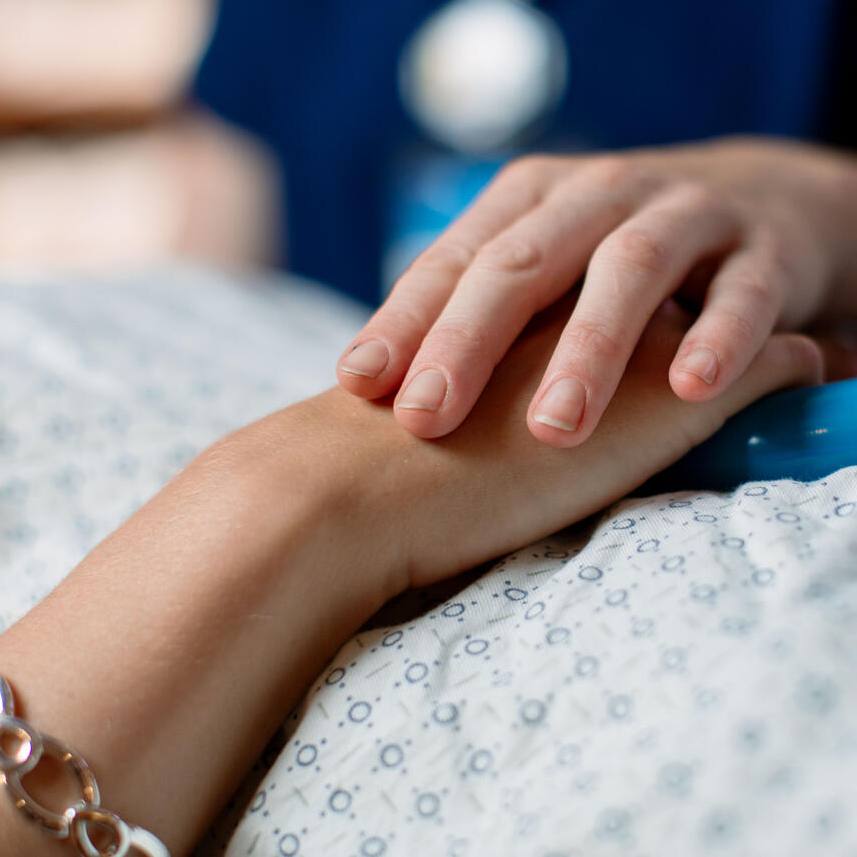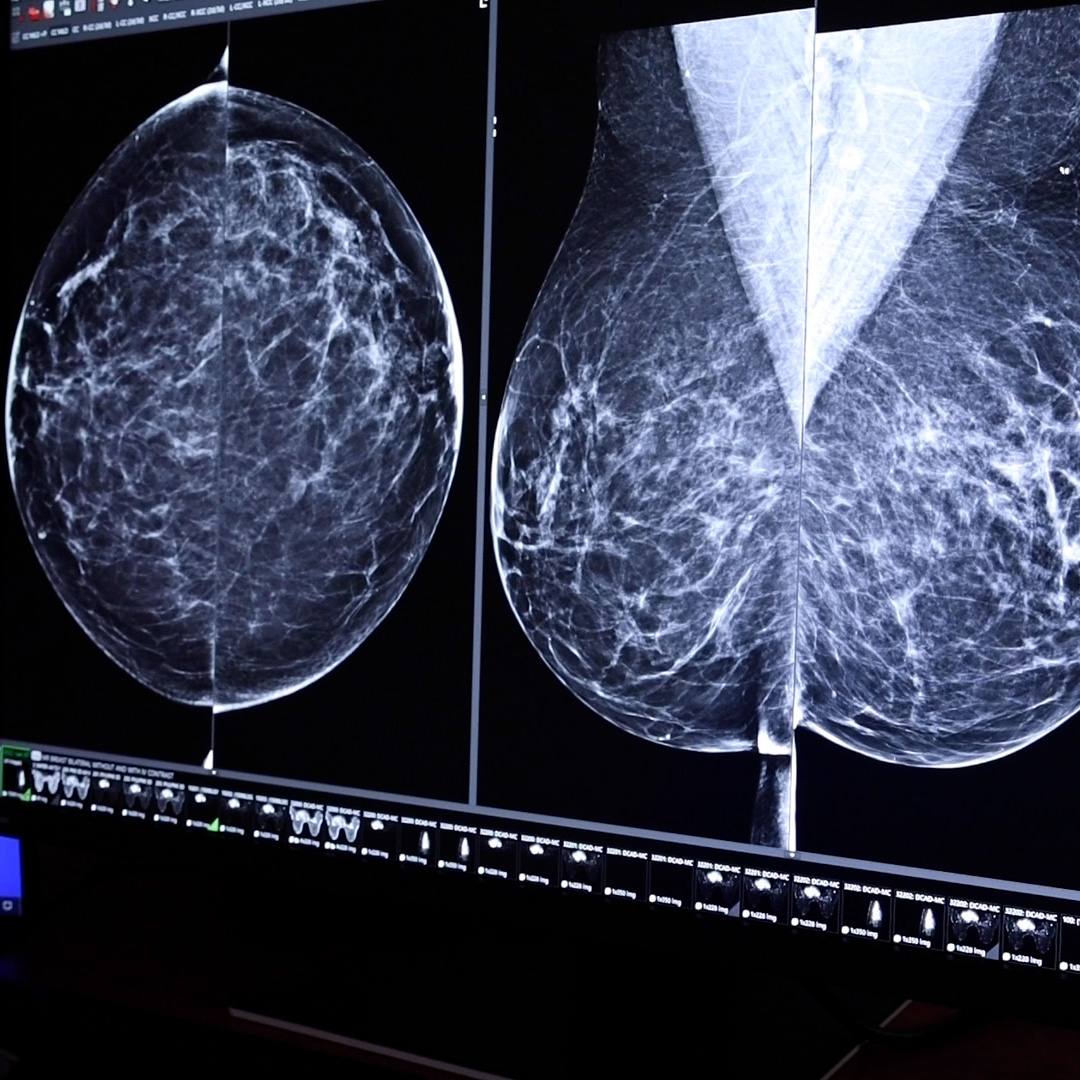Nearly 5 million people in the U.S. will be diagnosed with a form of skin cancer this year, according to the American Cancer Society. May is Skin Cancer Awareness Month and the first Monday in May is Melanoma Monday, a day dedicated to raising awareness for Melanoma prevention and treatment.
Dr. Naiara Sbroggio Barbosa, a Mayo Clinic dermatologist, explains how Mohs surgery can be used to treat basal cell carcinoma, squamous cell carcinoma and some types of melanoma.
Journalists: Broadcast-quality video pkg (1:00) is in the downloads at the end of the post. Please courtesy: "Mayo Clinic News Network." Read the script.
Skin cancer is the most common type of cancer in the U.S., and with different forms and situations, there are also different treatments.
"Mohs surgery is a technique used to treat skin cancers, especially in areas of the skin that are considered high-risk or cosmetically sensitive, like the face, scalp, ears and neck," says Dr. Sbroggio Barbosa.
With Mohs surgery, physicians remove skin surrounding a tumor without removing large amounts of healthy tissue. Immediately after removal, lab technicians process the specimens and place them onto slides for the physician to evaluate under a microscope.
"If we see any tumor going deeper or wider, we have the ability to go back and take more," says Dr. Sbroggio Barbosa. "We do that until there's no cancer."
The procedure happens under local anesthesia and can take a few hours, as more samples around the affected area may need to be collected and checked.
"In this way, we can spare as much as possible healthy skin, but we also guarantee the highest cure rate so there's less chance of that tumor ever coming back," says Dr. Sbroggio Barbosa.
Related articles
- "Mayo Clinic Minute: Skin cancer concerns for people with darker skin"
- "Steps to prevent skin cancer"
Wearing a face mask is no longer required for patients and staff in most patient care areas on Mayo Clinic and Mayo Clinic Health System campuses. Mayo Clinic will continue to require wearing a face mask in high-risk patient settings. High-risk immunocompromised patients will be notified to wear a mask while they are at Mayo Clinic. People may still choose to wear masks, and Mayo will support their decision to do so.







